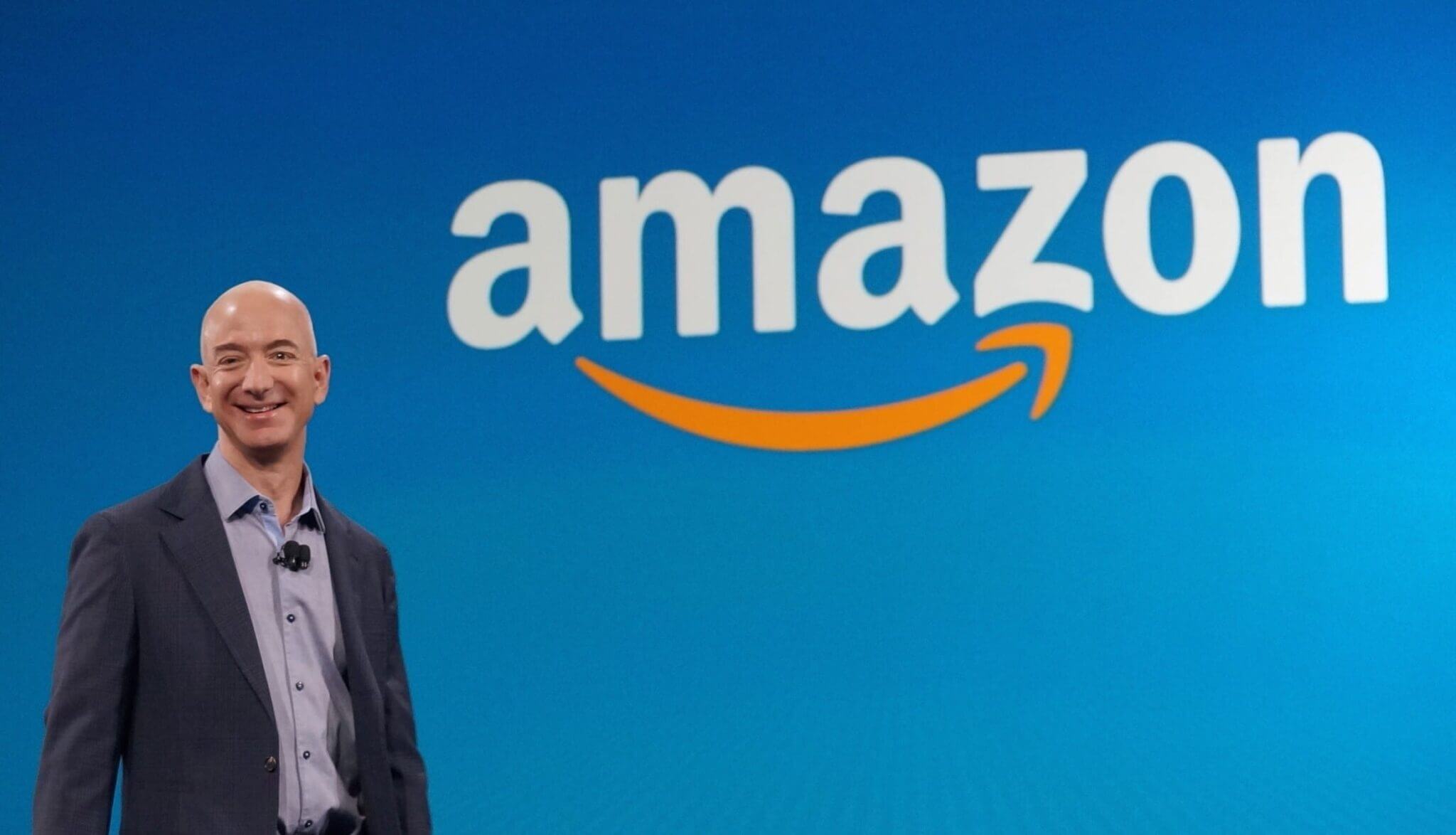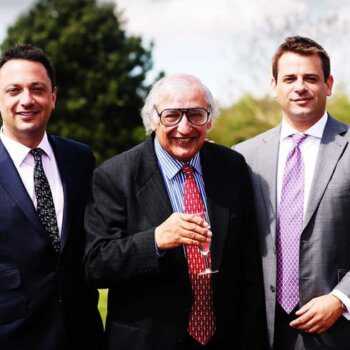Jeff Bezos, who some called the “King of Online Retail”, is one of the most influential entrepreneurs and investors of our generation.
Bezos is the founder of Amazon, the world’s largest online shopping retailer. He also owns the daily newspaper The Washington Post; founded Blue Origin, a human spaceflight start-up; was a main investor in Uber and many, many other things.
He is an entrepreneur, investor, computer scientist and philanthropist, and was the world’s richest person briefly on July 27, 2017.
Bezos has a net worth of USD $83.3 billion.
Here are 10 key aspects to his success:
[td_block_ad_box spot_id=”custom_ad_1″]
Waiver of security and dare
In 1994, before Bezos turned 30 years old, he was already considered successful. He had become the youngest vice president of a major investment firm on Wall Street and received a six-figure salary. But Bezos was determined to follow his dream of creating a company in the new world of electronic commerce. After making several risky decisions, he generated USD $610 million in annual sales and had 13 million customers worldwide.
Identify opportunities
Much of what makes a successful entrepreneur is the ability to identify opportunities, but the real test is being able to seize them. While he was working for DE Shaw & Co., researching the Internet, he noticed a 2,300 per cent growth each month. For Bezos, it was clear: the Internet would be the platform of the future and he saw an opportunity to use it to his benefit.
Test launches faster and expands
When Bezos decided to sell on the Internet, he had a choice of 20 possible products, including CDs, books and software. In the end, he chose books because there were millions of titles he recognized that he would have a competitive edge over fixed bookstores who could only store a few hundred at a time.
In 1995, he opened “the world’s largest library” Cadabra.com (later renamed Amazon.com).
Since 1998, after checking the successful sales of books, he began selling other products. Today, Amazon sells almost everything, from books to clothes, toys to electronics. They even sell their own TV shows online.
The customer comes first
The basis of the philosophy behind Amazon is this, as said by Bezos: “Our vision is to be the company’s consumer-centric world, where it can find anything you want online.”
This ideology is shown through Amazon’s easy web browsing, comments and user ratings. They have mastered the buying process for their customers, who prefer a quick, easy and informative platform.
Always innovating
The online retailer was practically an innovation introduced by Amazon. Very few companies were selling on the Internet, and none were doing it like Amazon. Innovation has always been a part of his business career, from site development to the excellent service that Amazon offers. It is this culture that has allowed him to get ahead of the competition to the point of virtually eliminating them (Barnes & Noble is their main competitor, although they handle just 10 per cent of the market).
Be patient
This is one of Bezos business ‘mantras’. As an entrepreneur, Bezos knew that results were not immediate, but a process. Nothing comes overnight. In fact, in the early stages of Amazon, Bezos had to borrow from family and friends to move to Seattle and start the company from his garage. But he remained patient and determined.
Work together.
Bezos has said many times that part of the success of Amazon was due to hard work and team collaboration.
For the employer, there is no such thing as “a lone genius who knows everything and has the magic formula”. A capable team of people who study, discuss, generate ideas and solutions is how Amazon came to be today.
Diversification
While the world watched Bezos purchase The Washington Post for $250 million in 2013, the entrepreneur reassured readers that the informative spirit of the newspaper would be retained, but with the same philosophy of Amazon: focusing on the customer.
In addition, Bezos is an investor in several companies and start-ups, such as Uber and Business Insider. He has invested in aerospace, robotics and science.
Positive thinking
Bezos lives with the mindset that “every challenge is an opportunity.” Although Amazon began as a small garage start-up, it has become the world’s largest online shopping website. When he burst the dotcom bubble and Amazon’s shares fell from $100 to $6, Bezos did not hide but went to work with confidence and optimism.
Bezos’ wife once said: “If Jeff is unhappy, just wait three minutes.” He is always working for what he wants.
Follow your passion
A great entrepreneur is fueled by their passion. Bezos has been passionate about everything he has done. You can see his passion in his work ethic, confidence and the way he handles himself.
Find your passion and follow your goals. Just like Jeff Bezos has.
.
______________________
About the Author
This article was written by Eser Hangul from TinoShare. Eser is a Graphic & Fashion Designer graduated with a work experience of over 6 years in various print and online publications on new technologies, economics, medicine and fashion. See more.





























